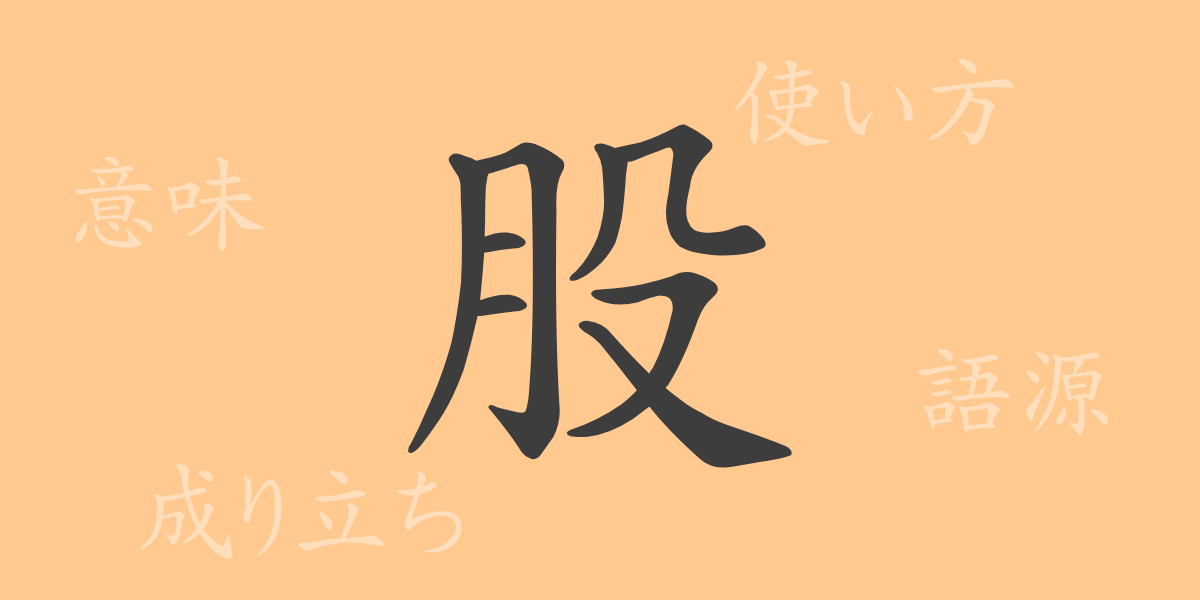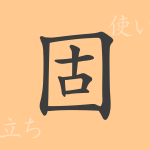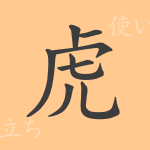In Japanese, there are many kanji characters used to express the richness of emotions and culture. Among them, the kanji “股” (また, mata) refers to a part of the body and is also used in various metaphorical expressions and idioms. This article focuses on the kanji “股,” exploring its origins, modern usage, and related idioms to uncover its charm.
Origins of 股 (Etymology)
The kanji “股” (また, mata) originated in ancient China as a character representing parts of the human body. Its shape originally symbolized a person sitting with bent knees. Over time, this kanji came to specifically denote the inner thigh area, establishing itself as a character representing a part of the human body.
Meanings and Uses of 股
In modern Japanese, “股” (また, mata) is primarily used to refer to the inner thigh area. However, it also appears in expressions like “股をかく” (またをかく, mata o kaku) meaning “to spread one’s legs” and “股を割る” (またをわる, mata o waru) describing a state of being caught between two things.
Readings, Stroke Count, and Radical of 股
The kanji “股” (また, mata) has several readings and distinctive features in its stroke count and radical.
- Readings: The On’yomi (音読み) is “コ” (こ), and the Kun’yomi (訓読み) is “また” (また).
- Stroke count: It consists of 14 strokes.
- Radical: The radical is 肉部 (にくぶ, nikubu), also known as にくづき (nikuzuki).
Idioms, Phrases, and Proverbs Using 股
There are many idioms, phrases, and proverbs that include the kanji “股” (また, mata), each with its unique meaning and usage. For example, “股に掛ける” (またにかける, mata ni kakeru) refers to slinging something across the body diagonally, while “股を冷やす” (またをひやす, mata o hiyasu) is an idiom expressing deep concern or worry. “股を割る” (またをわる, mata o waru) means to be caught between two opposing positions or opinions.
Conclusion About 股
This article highlights that the kanji “股” (また, mata) not only refers to a part of the body but also enriches Japanese expressions through its various uses. Idioms and phrases involving “股” play an important role in daily conversation and literature, reflecting the depth of Japanese linguistic culture. By paying attention to how “股” is used and understanding its historical and cultural background, we can deepen our understanding of the Japanese language.

























